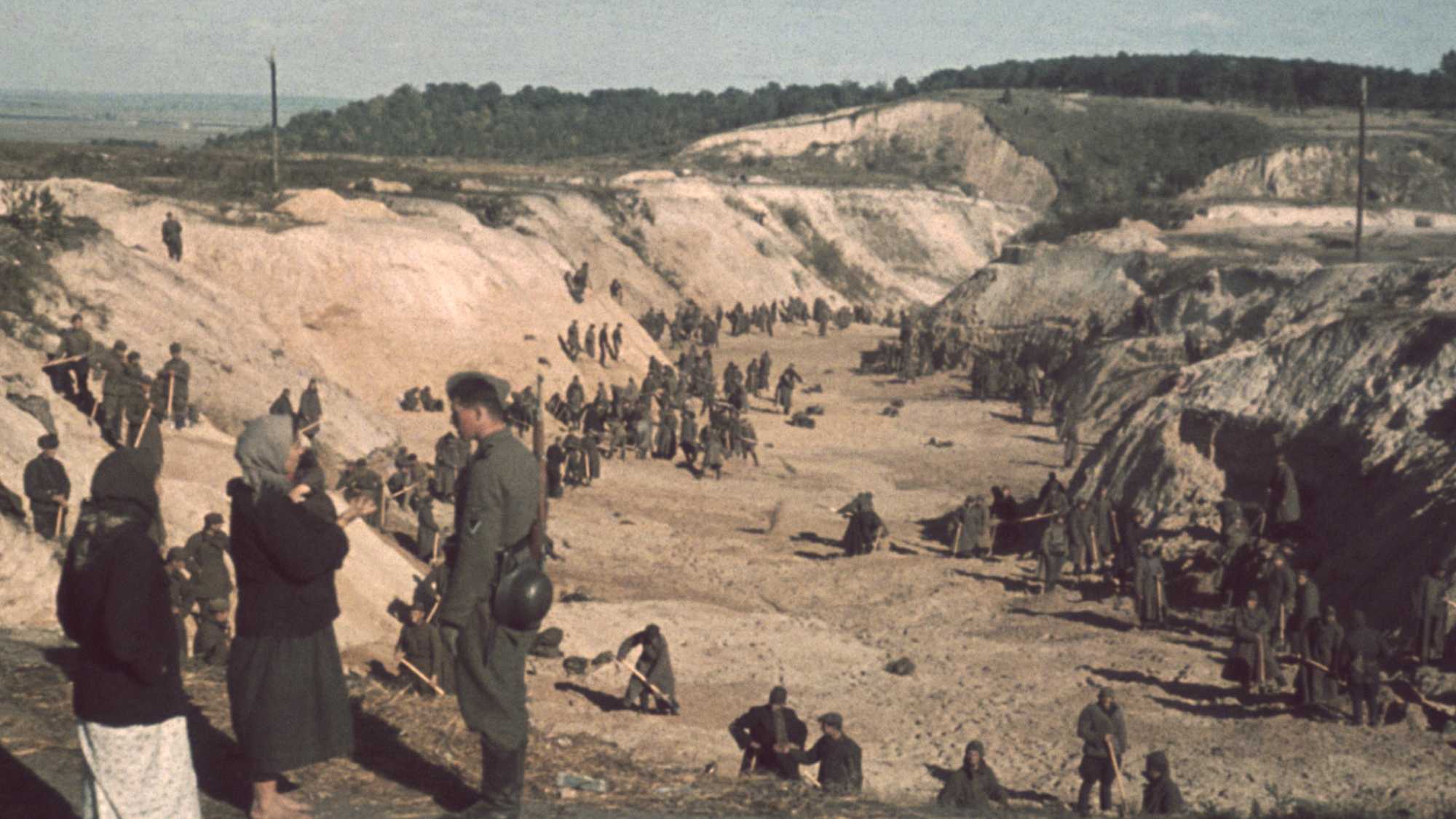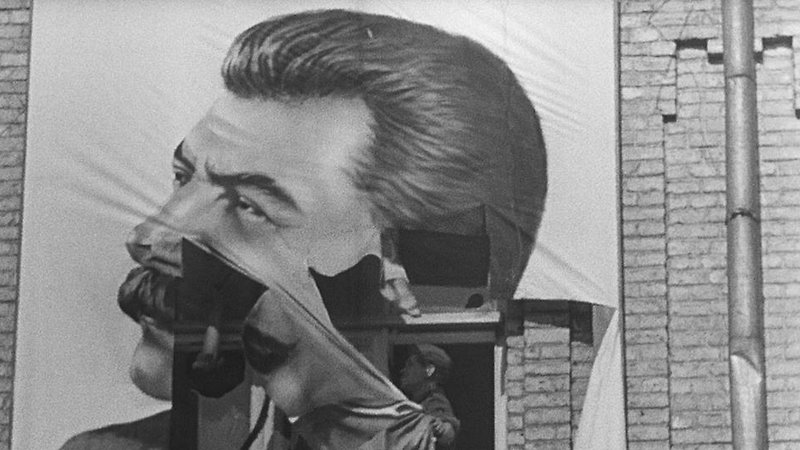Sergei Loznitsa’s latest exhumation of soviet historical archives charts the course of a terrible humanitarian tragedy that unfolded at Kiev’s Babi Yar ravine during World War II.


Loznitsa and his team perform miracles with their material, some of which needed extensive restoration, the results witnessing a horrific, brutal, poignant reality.
Screened as part of NZIFF 2021
Babi Yar. Context 2021
| Nov 08 | | ||
| Nov 14 | |
Not for the faint-of-heart, Sergei Loznitsa’s latest exhumation of soviet historical archives charts, with an unblinking eye, the course of a terrible humanitarian tragedy that unfolded at Kiev’s Babi Yar ravine during World War II. Surprisingly crisp archival footage details the 1941 German invasion of Ukraine, the subsequent mass murder of the capital city’s Jewish populace, recapture by Soviet forces in 1944, through to snippets of the war-crimes trials and executions that followed.
A masterwork of selection, editing and subtle sound design, Babi Yar. Context’s grimly compelling narrative is unflinching in its portrayal of humanity at its worst. Bodies are callously flung into piles, or impassively regarded as they lie prostrate in streets or snow-blanketed fields. Photo stills of execution bound individuals are held long, daring the audience to look away. Loznitsa is similarly unsparing in his treatment of Ukrainian collusion with the Nazi occupiers; that some saw Hitler as liberating them from Stalinist control is understandable, but such illusions were soon shattered. The film reveals broken people constantly in survival mode. Citizens do as they are forcefully bid by whoever happens to be driving the tanks, hoping to settle back into some kind of normalcy once the smoke clears.
Loznitsa’s film holds a mirror to the dangers developing in our current geopolitical context – political polarisation, fast surfacing racism and scapegoating to justify extreme violence – and challenges us not to forget where we have been before. — Jacob Powell